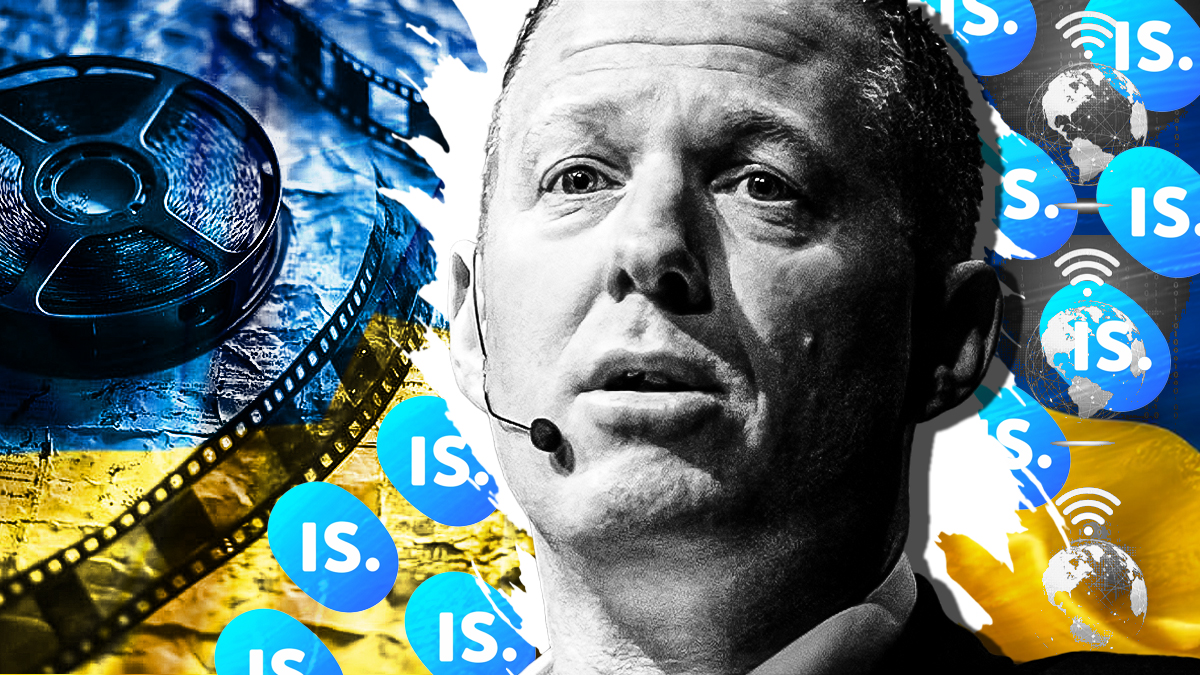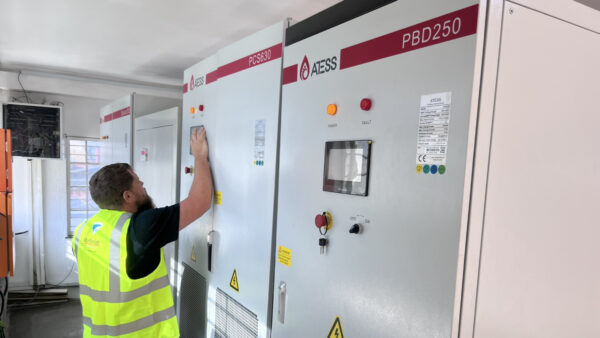South African state agency running out of money after buying drones and new tech

Members of Parliament have raised concerns about severe underfunding of the Border Management Authority (BMA), only two years after its inception.
The Portfolio Committee on Home Affairs says this reduces the authority’s ability to fulfil its mandate as its cybersecurity strategic plan remains unfunded.
This comes after the BMA faced a R4.3 billion budget shortfall in December last year, as the National Treasury said it could not fund the protection of the country’s borders.
However, most recently, the BMA told Parliament that it has not received any money to undertake lifestyle audits, which it believes presents a risk.
The committee previously highlighted the importance of these audits, given the corruption and fraud that occurs at South African borders.
Despite this underfunding, the authority acquired four drones and several body cameras to be used at border posts across the country.
Home Affairs Minister Leon Schreiber said that the drones, first used over the Easter weekend, were the BMA’s technology.
However, the names and visuals of the drones presented by the Minister resemble the Evo Max 4N and Evo Max 4T drones manufactured by Autel Robotics.
MyBroadband reached out to find out what was spent on the drones and how much the BMA initially budgeted, but it did not respond by publication.
On Autel Robotics’ website, the Evo Max 4N retails for just over R223,000, while the lower-specced Evo Max 4T costs roughly R160,000.
Schreiber said that two of each drone were procured, meaning that the BMA would have spent roughly R767,000 if they had paid the retail price.
The Minister also announced that the BMA would acquire 40 body cameras to use at border points. However, no further details were given.
Procuring these drones and cameras forms part of the BMA’s strategic plan for the 2025/26 to 2029/30 financial years.
Cybersecurity a critical consideration

The Portfolio Committee on Home Affairs chair, Mosa Chabane, recently told Newzroom Afrika that the BMA received R150 million in the previous financial year for “tools of trade.”
He said this money was used to acquire the drones, but it’s “still not enough” funding for the entity to fulfil its mandate.
“We need to make sure that the institutions established to fight crime and corruption and safeguard our country must be appropriately funded,” he added.
The BMA’s strategic plan also emphasised the need to strengthen its cybersecurity and replace obsolete legacy systems as a primary concern.
It also mentioned the need to tend to its cybersecurity roadmap, as it currently faces significant challenges because of outdated technology.
“Older technology is more susceptible to security breaches and cyberattacks, rendering the organisation more vulnerable to exploitation by malicious actors,” it warned.
“This susceptibility compromises sensitive data and undermines the overall security of the border management system, complicating integration with newer systems.”
It warned that cyber insecurity posed a profound threat to the BMA as it could compromise its operational integrity and national security.
“As the BMA increasingly relies on digital systems for managing border operations, it becomes vulnerable to cyber threats such as hacking, data breaches, and ransomware attacks.”
To solve this issue, the BMA plans to replace ICT hardware within its available budget and secure this hardware and existing systems in the cloud.
It is also looking to finalise an assessment of its ICT security, address the security gaps, and develop a cybersecurity strategy.































